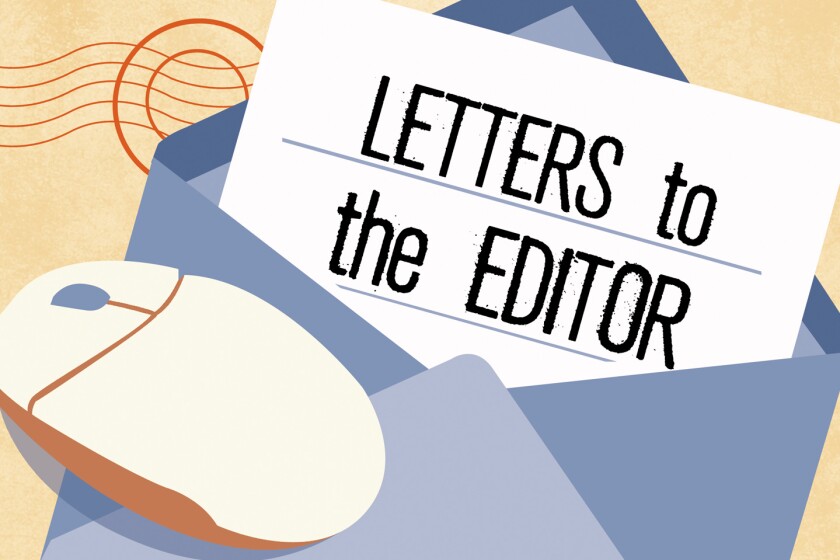
The introduction of electronic pull-tab machines, known as e-tabs, in North Dakota has sparked significant controversy since their legalization in 2018. Originally presented as a means to support charitable organizations, these machines have raised concerns about their broader economic and social implications. Critics argue that e-tabs are draining funds from local charities and adversely affecting tribal casinos, which play a crucial role in the state’s economy and community welfare.
In 2017, charitable gaming in North Dakota generated approximately $247 million. By 2024, this figure surged to an astonishing $2 billion, with a staggering $1.2 billion leaving the state to benefit out-of-state gaming companies, primarily in Las Vegas and Reno. The dramatic shift has prompted calls for reevaluation of the impact of e-tabs on local businesses and community resources.
Impact on Tribal Casinos and Local Communities
The expansion of e-tabs has not only affected the financial landscape but has also resulted in significant revenue losses for tribal casinos. These establishments are vital for providing housing, healthcare, and employment opportunities for many North Dakotans. Reports indicate that tribal casinos have experienced revenue declines of up to 60% since the introduction of e-tabs.
Many lawmakers were aware of the potential negative effects on tribal gaming when they approved the machines. Despite this, the North Dakota Legislature has allocated a mere $40,000 annually for gaming addiction services, a figure that falls drastically short when compared to the billions wagered on these machines. This decision has raised concerns that the state is not doing enough to address the potential social costs associated with gambling addiction.
According to community advocates, approximately 4% of North Dakotans, or about 19,000 individuals, are struggling with gaming addiction, which is nearly triple the national average. The proliferation of e-tabs has drawn parallels to slot machines, with many viewing them as addictive devices that are readily accessible and contributing to the financial strain on families and communities.
Calls for Change and Reassessment
Norman McCloud, a concerned resident of Fargo, has voiced strong opposition to the continuation of e-tabs. He notes that while supporting youth charities is commendable, funds tied up in charitable gaming trusts, such as the nearly $4.78 million held by one youth golf organization, could be better utilized to address urgent community needs, including homelessness and addiction treatment.
As the debate continues, McCloud emphasizes that other states, including Iowa, Illinois, and New Jersey, have successfully reined in similar gaming options. He advocates for a reassessment of e-tabs in North Dakota, urging lawmakers to act decisively before the situation deteriorates further.
The future of electronic pull-tab machines in North Dakota remains uncertain. However, the growing calls for change underscore the need to balance charitable support with the economic and social health of local communities.







